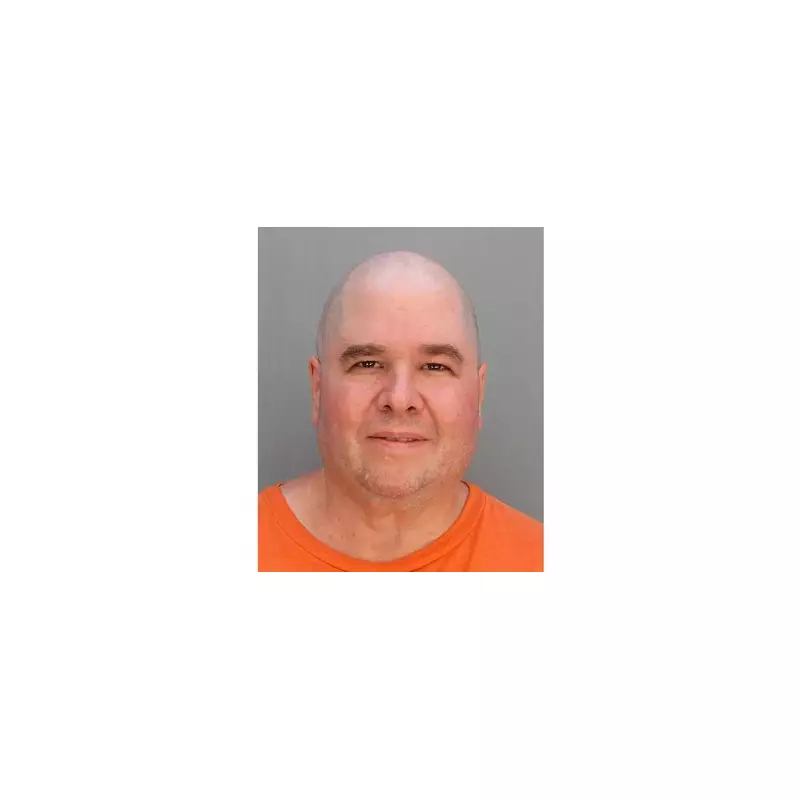
In a harrowing courtroom scene that laid bare the profound consequences of brutal violence, convicted triple murderer Christopher Scarver made a desperate and shocking plea to the courts: he wants to die.
The Wisconsin inmate, serving three life sentences for the horrific slaughter of his mother, father, and teenage sister back in 1994, begged a judge to grant him the death penalty, describing his endless incarceration as a form of unbearable torture.
Scarver's notoriety extends beyond his family's murder. He is also the man who brutally killed infamous serial killer Jeffrey Dahmer while they were both incarcerated in 1994, a act that added a dark layer to his already monstrous legacy.
A Life of Violence and a Plea for Death
During a recent court hearing, Scarver, now 52, articulated his grim desire with unsettling clarity. He stated that continuing to live in a prison cell, with no hope of release, is a fate worse than death itself.
"I would prefer to die than to do life," Scarver told the court. "I find it to be a torturous existence. It's meaningless. It's aimless. I am forced to do it, and I would rather die."
This macabre request throws a stark light on the realities of life without parole, a sentence often debated for its psychological impact on inmates.
A Crime of Unfathomable Horror
The roots of Scarver's incarceration lie in a single night of unspeakable violence in Milwaukee, Wisconsin. Driven by a reported belief that his family was conspiring against him, Scarver bludgeoned his 48-year-old mother, Mamie, to death with a hammer.
He then turned the weapon on his 16-year-old sister, Dawn, and finally his father, Joseph. The sheer brutality of the act sent shockwaves through the community and ensured he would never walk free again.
His subsequent murder of Jeffrey Dahmer in the Columbia Correctional Institution bathroom just months later cemented his permanent status as one of America's most dangerous and disturbed prisoners.
The System's Cold Response
Despite his fervent pleas, Scarver's wish for state-sanctioned death is likely to be denied. Wisconsin abolished the death penalty in 1853, making it one of the first US states to do so. The legal system is therefore powerless to grant his request, leaving him to face the very eternity of imprisonment he finds so torturous.
This case forces a uncomfortable public conversation about justice, punishment, and the human capacity for both violence and despair. It poses a grim question: what becomes of a man who has taken everything from others, and now seeks to have everything taken from himself?
For Christopher Scarver, the answer appears to be a perpetual cycle of confinement, a living end to a story that began in bloodshed.





